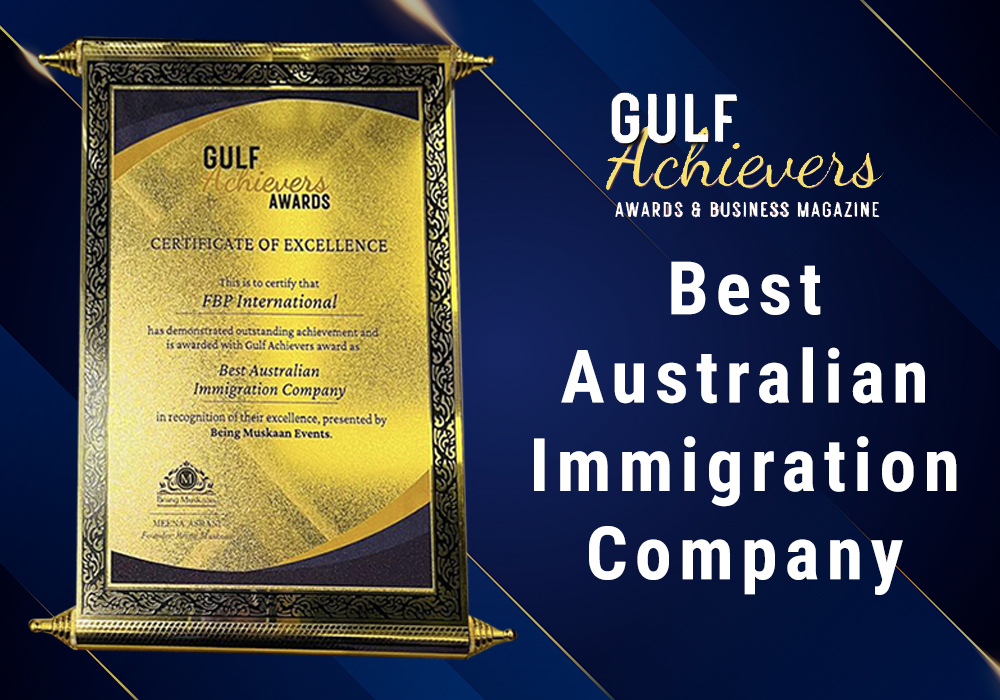Australia’s history and culture is unique, setting it apart from the rest of the world. Colloquialisms or slang are important to the country’s history and legacy. From the iconic “G’day, mate!” to the perplexing “Fair dinkum,” these casual expressions in everyday Australian language often represent Australians’ laid-back and welcoming attitude. This blog will delve into the fascinating world of Australian colloquialisms – their historical importance, meanings, and role in shaping the Aussie identity as it stands today.
What is Australian Colloquialism?
Slang is described as “unconventional words or phrases that express either something new or something old in a new way” by the Encyclopaedia Britannica. It can be crude, careless, disrespectful, and indecorous.
Australian colloquialism or Australian slang refers to the informal and everyday expressions integral to Australian English. These colloquialisms blend wit, rhymes, humour, and bizarre experiences that go back decades into Australian history.
Informal words, phrases, or idioms are commonly used in casual conversations among Aussies and heavily contribute to the linguistic makeup of Australian English. They reflect the cultural identity, history, and laid-back nature of Australians.
History of Australian Colloquialism
Australian colloquialisms have words and phrases borrowed from various sources, including Aboriginal language, convict sources, bushranging, the World Wars, and more.
About 400 words were borrowed from around 800 indigenous languages. In addition, between 1788 and 1852, around 150,000 convicts were transported to Australia, establishing penal colonies. Most convict languages included underworld terms, eventually becoming an important part of Australianism or Australian Colloquialism. The First World War also made many noteworthy contributions, including terms like “Aussie,” “Anzac,” “Digger,” and so on.
Strine
Few people know “Strine” – an intriguing aspect of Australian slang that comes from the way Australians pronounce “Australian.” Strine is just a colloquial term for Australian English, and was born primarily from a melange of Australia’s two main convict groups in early history – the Irish and the Cockneys.
Strine is characterised by flat, long vowels, speaking through the nose, shortened nouns, and soft pronunciation of some consonants.
One of the first things that strike newcomers is the propensity of Australians to abbreviate potentially everything. And this is an essential facet of Australian English, which is well-known for shortening nouns. There are plenty of examples to showcase this, with “barbie” for barbecue and “brekky” for breakfast being the most famous. This saves time and adds a sense of informality and friendliness to everyday conversations, which is one of the many exciting quirks Aussies are known for.
The Role of Colloquialisms in Aussie Identity
Colloquialisms are part of the country’s identity and go beyond simple linguistic idiosyncrasies. Embracing and understanding these unique expressions fosters a sense of belonging and camaraderie among Australians. Colloquialisms also serve as cultural markers, reflecting the country’s history, multiculturalism, and laid-back attitude.
Aussie Slang in Everyday Conversations
Colloquialisms permeate daily interactions and go beyond greetings and sentiments. Though they may seem foreign to outsiders at first, phrases like “choc-a-block” (packed or crowded), “bushfire season” (summer), and “tucker” (meal) are frequently used in Australian homes.
In addition, the casual use of “mate” demonstrates how equal Australian society is. Australians are known for calling each other “mate,” a term that promotes equality and comradery, whether one is speaking to a close friend, a complete stranger, or even the Prime Minister.
Regional Variations in Australian Colloquialisms
While most people in the country understand Australian slang rather well, a few deviations vary based on the state or territory. These variations are only a reflection of each region’s own culture. While a simple “G’Day mate” greeting is widely used nationwide, other expressions may differ.
A few instances of regional variants of Australian slang are:
● Potato Fritters, Potato Cakes, or Potato Scallops?
In some regions of Australia, potato fritters, potato cakes, or potato scallops are the names given to slices of potato that have been liberally coated in batter and deep-fried.
● Bathers, Swimmers, Cossies, or Togs?
While West Australians and Victorians refer to them as bathers and New South Wales refers to them as swimmers or cossies, Queensland refers to them as togs—yes, they are just your standard swimming costumes.
Iconic Australian Colloquialisms
Here is a list of some interesting phrases used Down Under:
● Chuck a sickie: Taking a day off work when one is unwell.
● Doing a roaring trade: Doing extremely well in one’s business.
● Good onya: Another way of saying “good on you”. A genuine expression of appreciation or approval.
● Have a lend of: Take advantage of someone.
● Keep your pecker up: To be cheerful and positive.
● Mates rates: A discount when one knows the shop owner or goods seller.
● Pulling a swifty: The act of misleading or deceiving someone.
● Pull up your socks: Improve one’s performance.
● Rush your fences: Act without thinking.
Here is a list of a few slang words used in Australia:
● Arvo: Afternoon
● Cobber: Friend
● Daks: Trousers or pants
● Exy: Expensive
● Gab: Chatter, talk
● Hard yakka: Hard work
● Journo: A journalist
● Mozzie: Mosquito
● Sparkie: Electrician
● Tucker: Food
● Woop woop: The middle of nowhere
● Yonks: A long time
Colloquialisms are essential to Australian English, helping to create a sense of community and defining the country’s identity despite its diversity. The informal usage of “mate” in everyday discourse exemplifies how Australians are known for their warmth, friendliness, and genuineness. The next time you are in Australia, embrace the wide variety of colloquialisms used by the natives there; we assure you it makes for a very distinctive and lively experience!

















